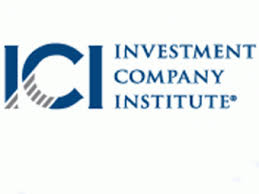Retirees are receiving more income from employer-sponsored retirement plans now than they were in the mid-1970s, a report by the Investment Company Institute (ICI) recently found.

Legislation, such as the increase of pension income since the Employee Retirement Income Security Act of 1974 (ERISA), dramatically changed pension plans in the mid-1970s. Increased retirement income because of those laws has not been widely reported.
“Contrary to popular belief, private-sector pension income has become more prevalent over time, not less prevalent,” said Peter Brady, an ICI senior economist who coauthored the report. “This report refutes the myth that the period before the emergence of 401(k) plans in 1981 represented a ‘golden age’ of pension coverage and income—a belief that seems to be the basis of many retirement policy discussions.”
The report found that the number of retirees with private-sector pension income has almost doubled between 1975 and 2015. The median income collected by retirees with private-sector retirement income rose by more than 50 percent during that period. These changes have led to almost a doubling of retiree income from private-sector pensions.
Defined benefit (DB) plans often led to little or no actual income, according to the report. In 1975, when DB plans covered 90 percent of private-sector pension plan participants, only 21 percent received income from them.
Social Security remains the principal source of retiree income, especially for those in lower income quintiles.